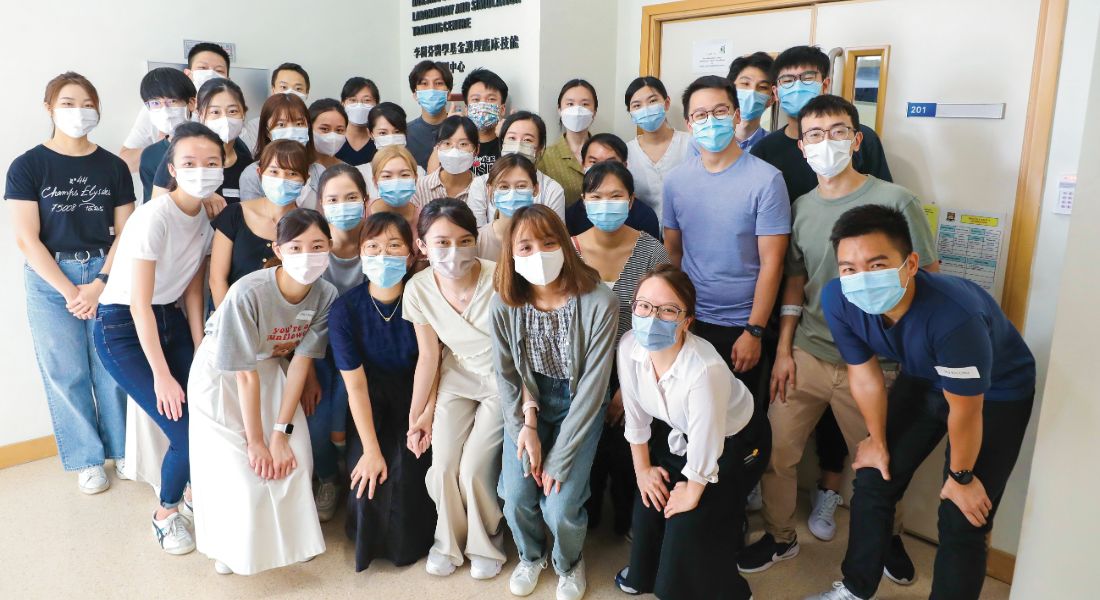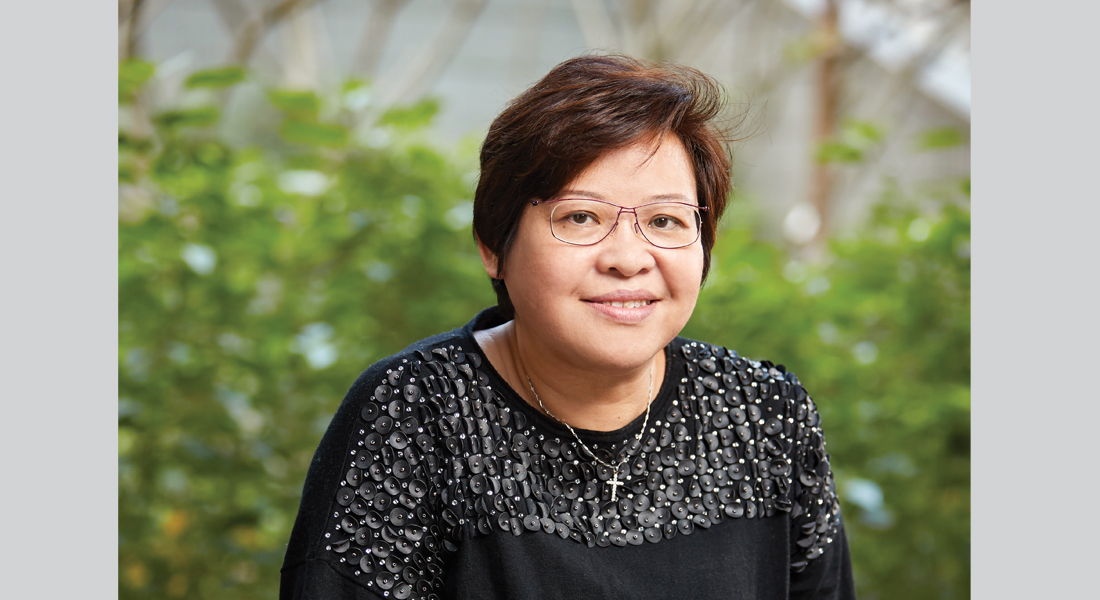Shifting Gears with the New MSc in Nursing
Dr Veronica Lam Suk-fun | Senior Lecturer | Programme Director of Master of Science in Nursing
Students with a passion to become nurses but who studied another discipline for their first degree can now realise their dreams through the new Master of Science (MSc) in Nursing.
The programme, launched in September 2021, admits students with good GPAs in their first degree to pursue a fast-track nursing qualification that also prepares them for research or advanced nursing degrees.
Not only do students benefit from this arrangement, but so do patients, according to the MSc in Nursing Programme Director, Dr Veronica Lam Suk-fun.
“Nursing is a caring profession, which is why it is good to attract students who are more mature to care for patients. Overseas research has also shown that students with a first degree who join nursing are multi-talented because they come from fields such as engineering and psychology, so the patient benefits from that, too,” she said.
The programme is full-time over three years and provides students with both theoretical and knowledge input, as well as clinical experience and exposure to nursing specialities. The aim is to prepare them to meet the Nursing Council of Hong Kong’s requirements for registration as nurses.
Clinical exposure starts in the summer of the first year, when students work in non-acute settings and private healthcare. Over the following two years they will progress to acute hospitals, medical surgical wards, specialty areas such as paediatrics, mental health and accident and emergency care, to give them a rounded experience of nursing. Some of their study will be alongside students in the RN higher diploma programme, who will bring practical experiences to the classroom.
MSc in Nursing students also have to complete capstone requirements, including a course on advanced nursing research and practice and a thesis. Dr Lam said the intention was to prepare students for pursuing an advance practice license and potentially a research-focused master’s programme.
All students are also offered an exchange opportunity to join nursing students overseas for study for a minimum of two weeks (COVID-19 restrictions permitting). HKU is unusual among Hong Kong institutions in providing postgraduate students with such an opportunity.
Dr Lam said they received 140 applicants for the first intake and accepted 32 students who had good GPA results. The students come from a variety of backgrounds, which is also enriching classroom interactions. The largest group, about one-third, have science backgrounds such as applied science, biochemistry, biological sciences and biotechnology. The next largest group are Arts students, such as journalism and visual studies. Other students have social sciences backgrounds such as psychology, counselling and sociology.
The MSc in Nursing students have already contributed to the School by helping to redesign the clinical uniform for students, and sharing their experiences and know-how from their fields with their teachers. And they bring another, broader benefit to nursing.
“Besides their other talents and maturity, students who have a first degrees really want to join nursing. This means that they really love nursing,” Dr Lam said.







